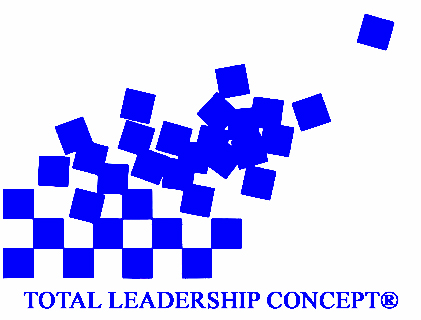
Abilities
Arousal
Attitude
Behavior
Beliefs
Competencies
Engagement
Environment
EI
Experience
Feelings
Intention
Motivation
Nature and genes
Organization
Performance
Performance Improvement
Performers
Process
Results
Skills
Social Pressure
Talent
Understanding
Values
The common factor in all these types of skills is that the performer has to match the demands of a task. This is accomplished by applying a "strategy" of performance. For example, a craftperson will select the tools and manipulate them to meet the requirements of the task. Note that these strategies are not normally concerned with a single response, but rather with chains or programmes of action to obtain a result. Some strategies are more efficient than others. Skill consists of choosing and implementing the most efficient strategies.
There are three main parts to a skill:
- Perception of object or events - perceiving all relevant factors.
- Choice of response - making a decision.
- Execution of the choice made - normally requires motor coordination and timing.
Social Skills
Skill Gaps
A skill gap analysis compares the performers skills with the skills required for the job in order to identify future performance improvement opportunities.